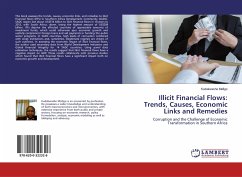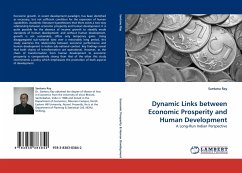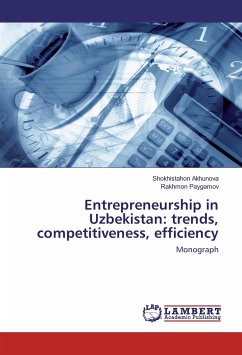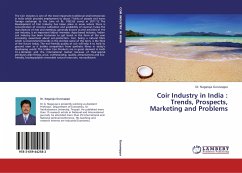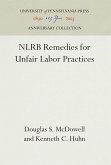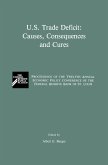This book assesses the trends, causes, economic links, and remedies to illicit financial flows (IFFs) in Southern Africa Development Community (SADC). SADC region lost about US$314 billion to illicit financial flows in 10 years to 2013, with South Africa, alone, losing the highest amount of US$209 billion. IFFs deprive the affected countries of appreciable amounts of investment funds, which could otherwise spur economic growth and usefully complement foreign loans and aid payments in funding the public sector programs. In SADC countries, high levels of corruption combined with weak institutions and, sometimes, illegitimate regimes are drivers of such outflows. In assessing the economic impact of illicit financial flows, the author used secondary data from World Development Indicators and Global Financial Integrity for 14 SADC countries. Using panel data estimation techniques, the results suggest that illicit financial flows have a negative impact on GDP. These results collaboratewith previous studies which found that illicit financial flows have a significant impact both on economic growth and development.
Bitte wählen Sie Ihr Anliegen aus.
Rechnungen
Retourenschein anfordern
Bestellstatus
Storno

